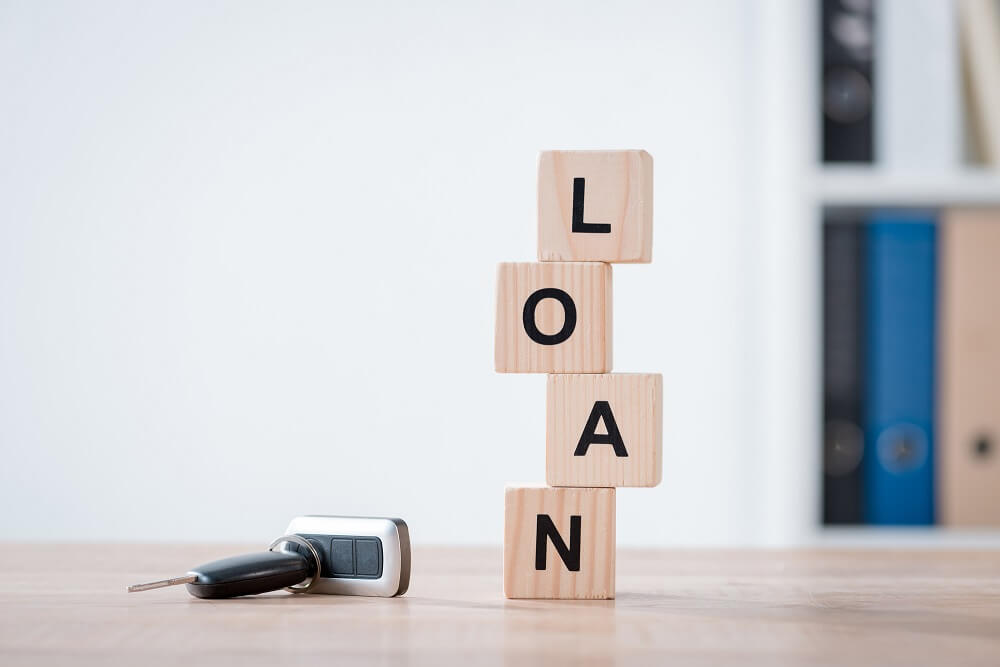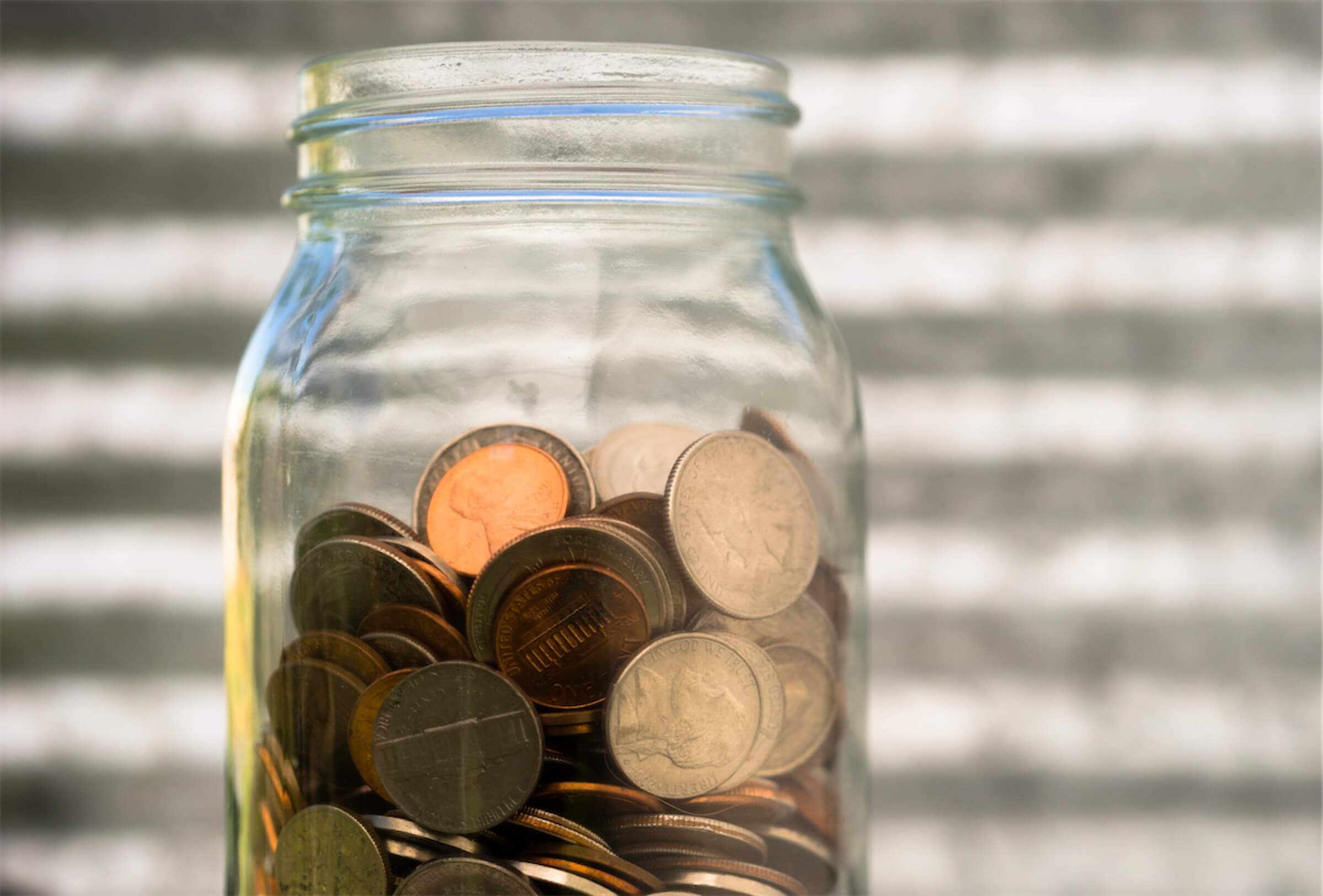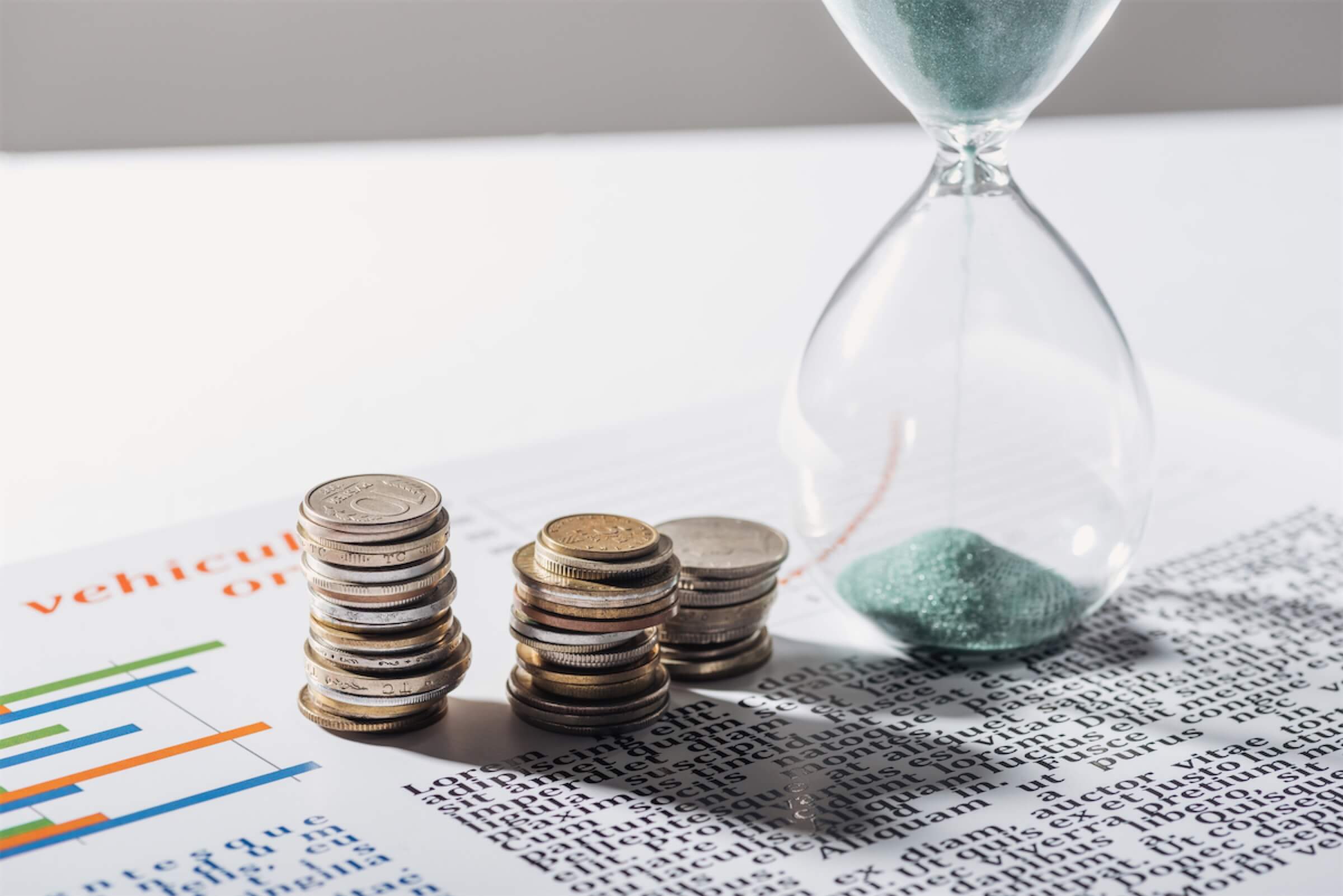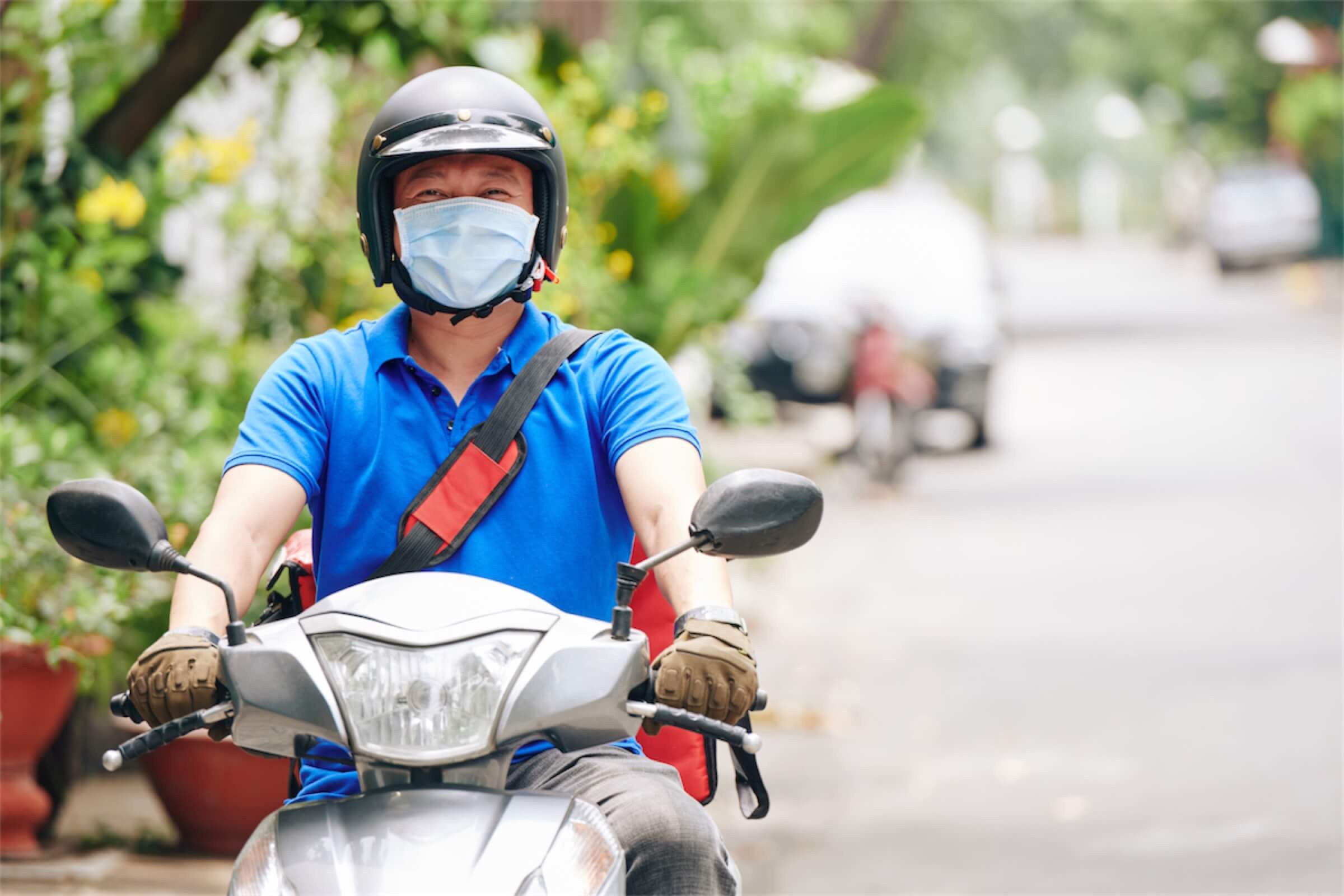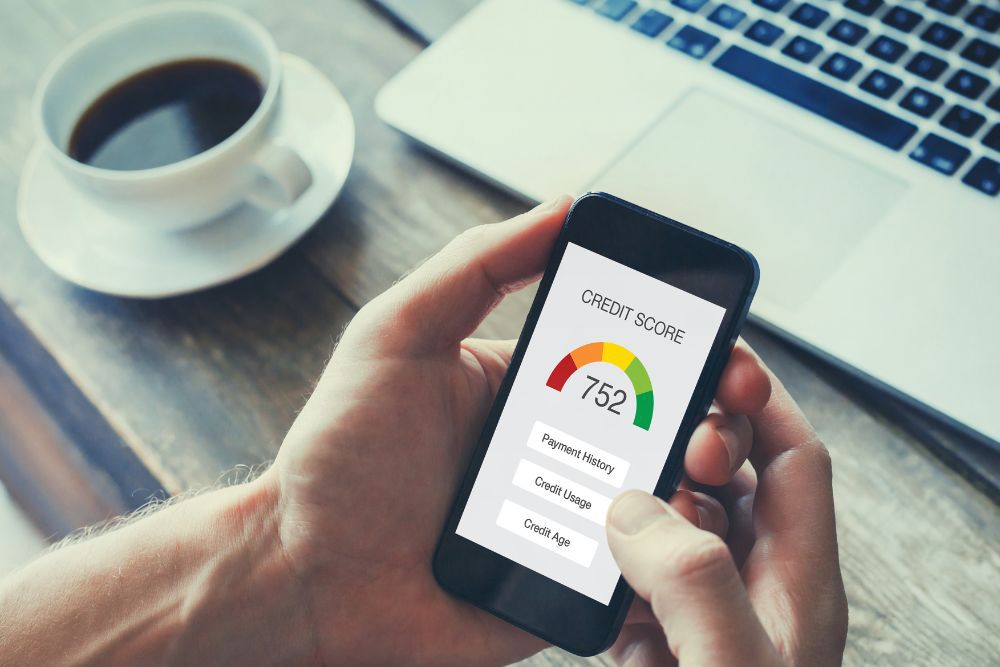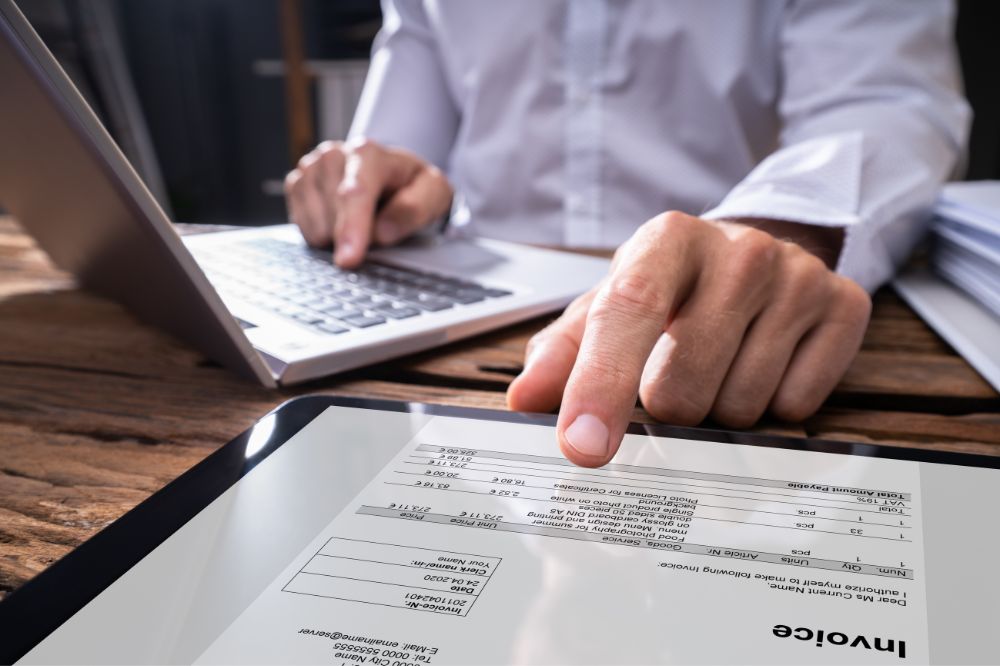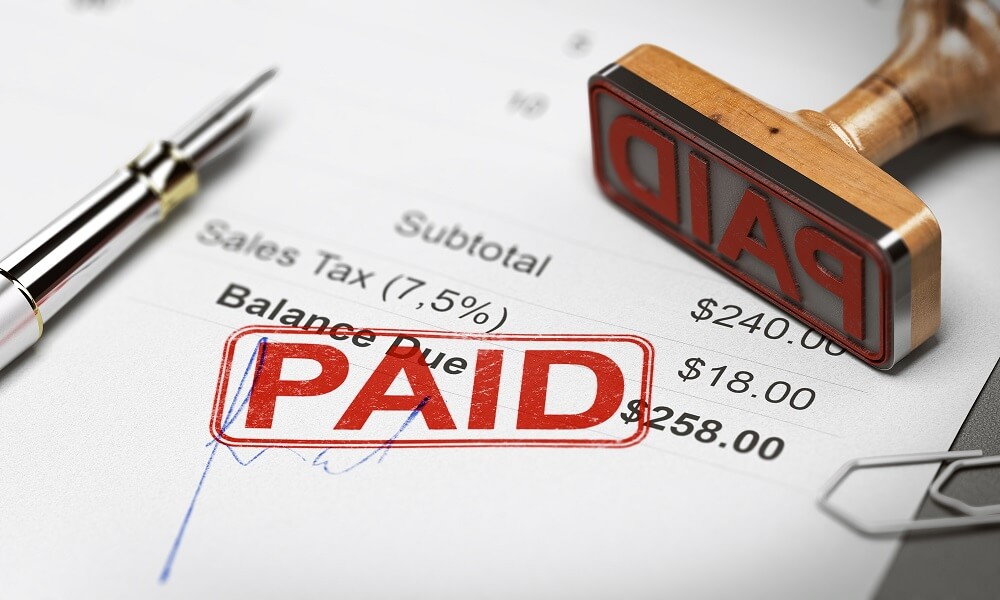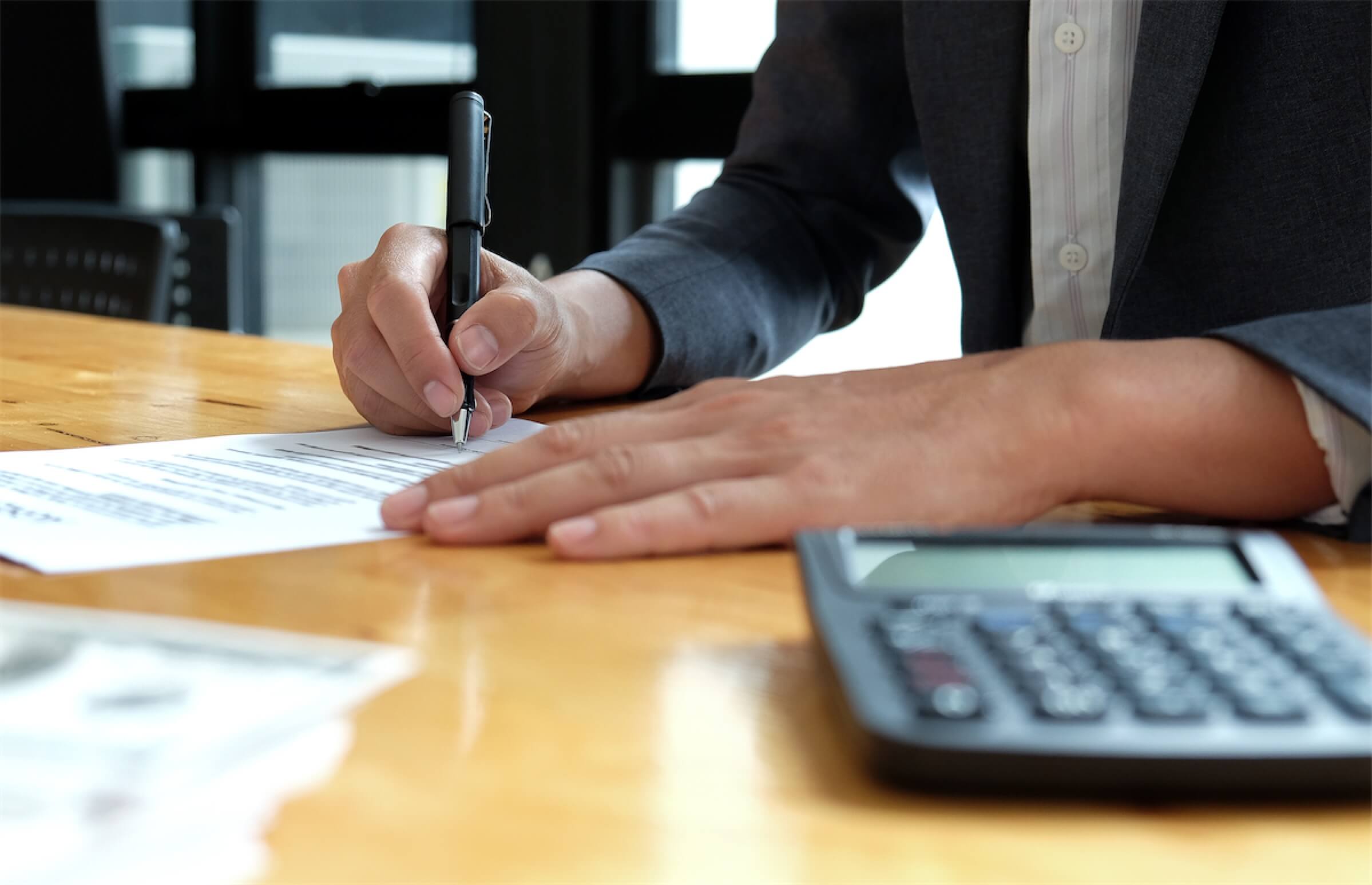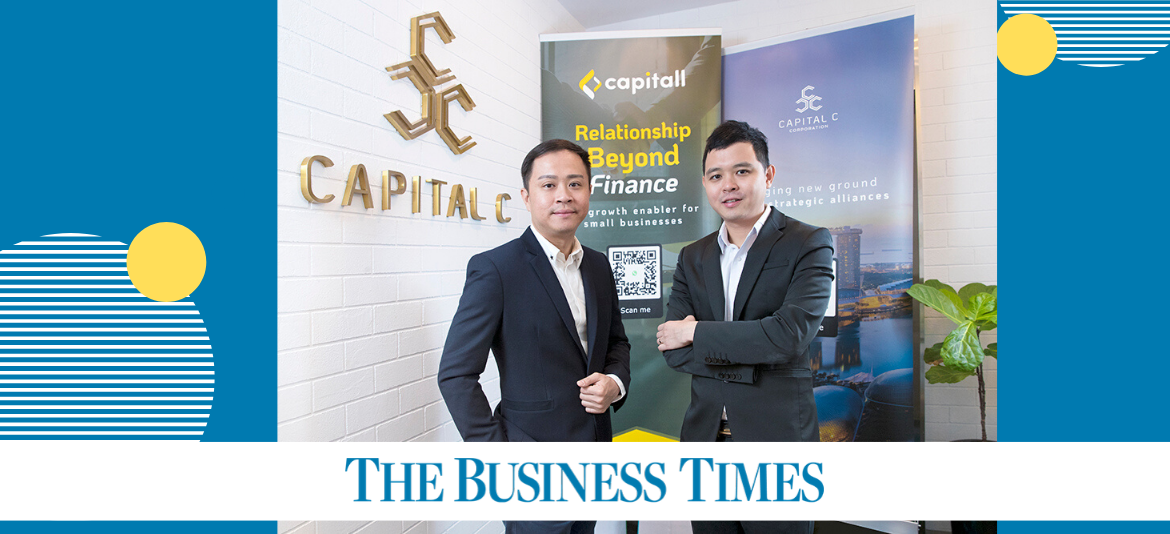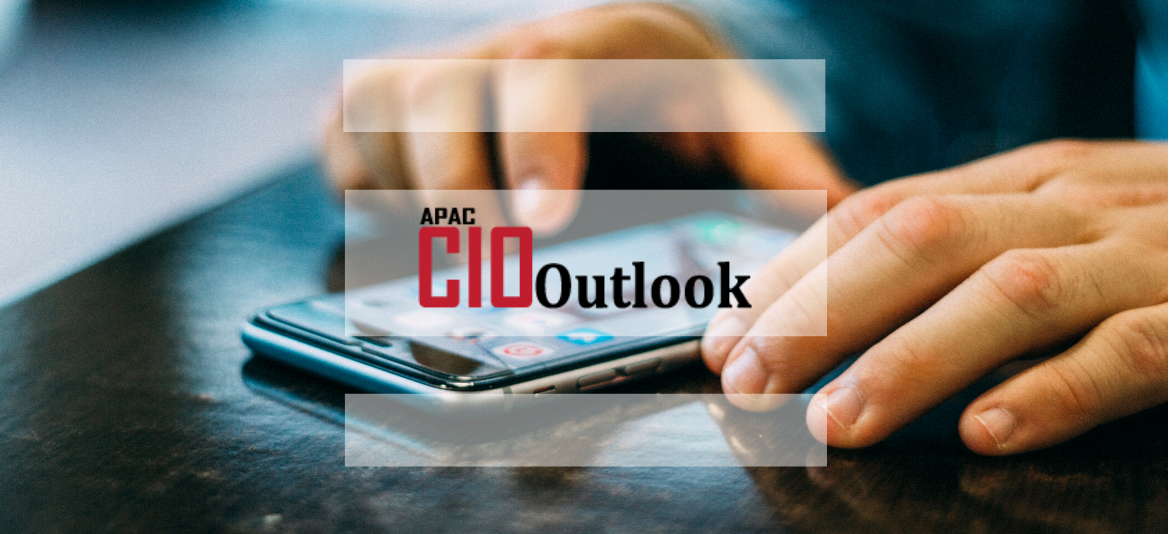

Corporate Bankruptcy In Singapore: What Happens To The Company?

Bankruptcy is thought to be a very negative and taboo word in Singapore. After all, the word is associated with failure and financial ruin, with society often seeing bankrupt individuals or companies in a different light. To make things worse, those facing bankruptcy in Singapore can face a whole new set of challenges from their bankrupt status.
While bankruptcy is very real in Singapore and is not a situation anyone wants to find themselves in, it is not a death sentence. In this article, we take a closer look at bankruptcy in Singapore in the corporate context
In recent times, a number of well-known companies have declared bankruptcy. Forever 21, one of the largest fashion brands worldwide, shocked many when they filed for bankruptcy not too long ago.
In 2019, the world-famous café Dean & DeLuca also filed for bankruptcy. Closer to home, car-sharing firm Smove, the first major company in the vehicle rental space, is facing liquidation.
So what happens when a business files for bankruptcy? Before we find out, let us first take a look at how bankruptcy in Singapore works for individuals.
What Is Bankruptcy In Singapore Like For Individuals?
In general, bankruptcy refers to a situation where you owe more money than you can repay. For individuals, you can file for bankruptcy in Singapore if you are unable to repay debts that exceed S$15,000.
In view of the COVID-19 situation, the Singapore government has temporarily raised this threshold to S$60,000 until 30 September 2020.
Avoiding Bankruptcy In Singapore: Applying For The Debt Repayment Scheme (DRS)
There actually is an alternative to filing for bankruptcy in Singapore. If you have less than S$100,000 in unsecured debt, you can apply for the Debt Repayment Scheme (DRS) instead.
A DRS seeks to find a win-win solution for both the debtors and the creditors. Administered by an Official Assignee, you will be able to work out an arrangement to repay your debt within a fixed period not exceeding 5 years.
A debtor will then be released from debts when he or she meets the DRS financial obligations.
Filing For Bankruptcy In Singapore And The Limitations You Will Face
Some individuals may have no choice but to file for bankruptcy in Singapore. While this is not the end of the road, there are still some limitations you will experience as a bankrupt.
One of the biggest limitations you will face after filing for bankruptcy in Singapore is difficulty securing a job, especially in the financial sector and the public sector.
Once you have been declared bankrupt, your potential employer and the public will be able to access your public profile as a bankrupt through public records. Additionally, if you wish to manage a business or serve as a company director, you will need to seek approval from the Official Assignee or the court.
Of course, your creditworthiness will also be affected, and it will be difficult to secure a credit of more than S$1,000. Another constraint is that you will not be allowed to leave the country without the Official Assignee’s permission.
What Is Bankruptcy In Singapore Like For Companies?
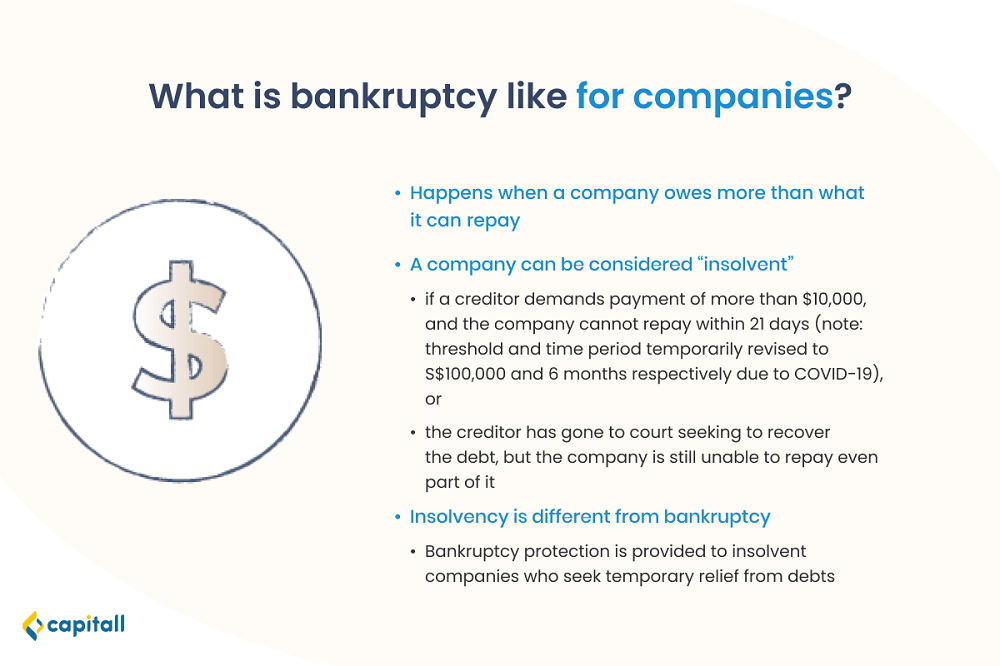
In view of the COVID-19 situation, the government has stepped in to help businesses in Singapore. The threshold of S$10,000 has been increased to S$100,000, and the repayment duration has been lengthened to 6 months.
A corporation can also be considered insolvent if the creditor has gone to court in an effort to recover the money, and the company is still not able to repay even part of the debt.
It should be noted that insolvency is not the same as bankruptcy. Insolvency refers to a company’s state of affairs (where it’s unable to repay creditors under the circumstances previously shared). On the other hand, bankruptcy refers to the legal process for dealing with an insolvent company. A company can be insolvent, yet not bankrupt In Singapore, bankruptcy protection is given to insolvent companies who have applied to seek temporary relief from debts.
Corporate Bankruptcy In Singapore: What Happens When A Company Becomes Insolvent?
If there are no court proceedings, a company may file for bankruptcy if it is under a lot of pressure from debtors.
At this point, the court may issue the company a debt moratorium. This debt moratorium legally delays the company’s debt repayments for a certain period of time.
The company is expected to use this extra time to restructure its business and/or find a way out of its insolvency. For example, Hyflux, a large sustainable solutions company in Singapore, recently obtained a 2-month extension for their debt moratorium.
Note that getting a debt moratorium issued by the court is actually considered a favourable outcome. This is because the court’s decisions could legally be less lenient—it could issue a winding-up order to the company, forcing it to close its doors. All of its assets would then be liquidated to repay creditors.
In Singapore, most companies facing insolvency are granted a debt moratorium. This gives them an opportunity to optimise outcomes for its key stakeholders like employees and shareholders.
Do All Of The Company’s Liquidated Assets Go To The Creditor?

When a company faces insolvency in Singapore, stakeholders like employees are usually the ones who could end up heavily disadvantaged.
After a company’s assets are liquidated, most of the proceeds will first go towards repaying creditors.
Following this, any remaining proceeds (usually unlikely) go towards liquidation expenses and expenses for winding up, followed by expenses such as employee salaries and CPF contributions.
Here is the order in which a company’s remaining assets will be distributed after paying creditors:
| Distribution Of Remaining Liquidated Assets |
| 1) Expenses for winding up the business and remuneration to the liquidator |
| 2) Salaries for employees (up to 5 months) |
| 3) Retrenchment benefits for employees (maximum of S$12,500 per employee) |
| 4) Work injury compensation for employees (if applicable) |
| 5) CPF contributions to employees (up to 12 months per employee) |
| 6) Payment for employees’ unused vacation leave |
| 7) Company total taxes inclusive of GST |
| 8) Payment to secured creditors |
Although the Singapore government is doing their best to help businesses, many companies are probably still badly affected by the COVID-19 pandemic.
For some corporations, applying for a business loan might potentially be a means to tide over a difficult financial situation until it blows over. The quick cash from business loans can be used for purposes beneficial to a company’s performance in the long run. In addition, cash flow issues could be alleviated through careful planning.
Capitall offers business loans that could help business owners in Singapore make it through this pandemic. Loan applications are reviewed and approved within 24 hours so that no time will be wasted in getting you and your business the funds needed.
While you are here, you can also learn these 4 tips to taking out a business loan in Singapore.





